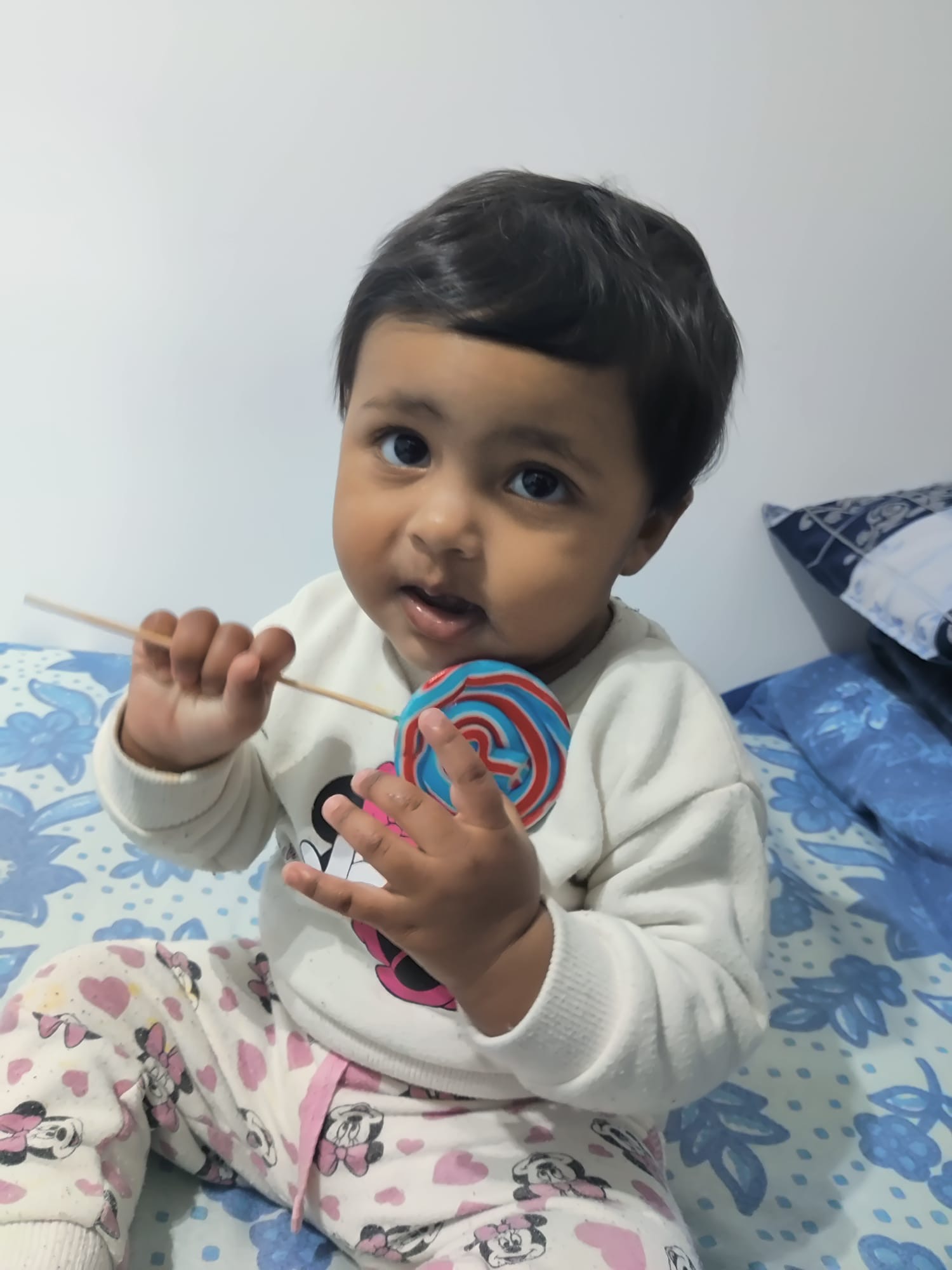Introduction

Every parent dreams of raising kids who are not only successful but truly happy and confident. But in today’s fast-paced, comparison-driven world, this can feel like a challenging goal. The truth is, confidence and happiness are not traits kids are just born with. They are nurtured through love, environment, communication, and daily interactions. As parents, your role is crucial in building that inner strength and joy.
In this comprehensive guide, you’ll discover practical, research-backed parenting tips on how to raise confident and happy children, along with real-life examples you can relate to.
1. Start With Unconditional Love and Acceptance
Self-confidence begins at home—with the feeling of being loved no matter what. When children know that their parents love them even when they make mistakes, they develop strong self-worth.
Example:
An 8-year-old boy named Aarav was struggling with math. Instead of punishing him for poor marks, his parents praised his efforts and said, “We love you whether you score 50 or 100. Let’s work together to improve.” Over time, Aarav gained confidence and stopped fearing mistakes.
Parenting Tip:
Avoid phrases like “I’m proud because you did well” and instead say, “I’m proud because you tried your best.”
2. Encourage Independence and Decision-Making
Letting your child make age-appropriate decisions boosts their self-trust and accountability. Whether it’s choosing their clothes or packing their school bag, every small task helps them grow.
Parenting Tip:
Give your child two safe options. For example: “Do you want to wear the red or blue t-shirt today?” This empowers them while keeping boundaries intact.
Real-Life Story:
A mother named Riya noticed her daughter always waited for approval. She began letting her decide things like meal choices and weekend activities. Within months, the little girl began sharing her opinions more freely and seemed noticeably happier.
3. Praise Effort, Not Just Results

Children who are praised for their hard work (rather than just success) are more likely to persevere and handle failure with resilience.
Use growth-mindset phrases like:
• “You worked really hard on that.”
• “I love how you kept trying.”
• “It’s okay that it didn’t work out. Let’s learn from it.”
This kind of encouragement develops a positive inner voice, one of the strongest roots of self-confidence.
4. Create a Safe Space for Emotional Expression
Kids who are taught to identify and express emotions grow up emotionally intelligent and mentally healthy. Don’t hush your child when they’re upset—listen.
Parenting Tip:
Validate their feelings: “I can see you’re upset because your toy broke. That’s totally understandable.” Then guide them: “Let’s see how we can fix it or find a solution together.”
Real-Life Story:
Tanvi’s son, Aryan, had frequent meltdowns. She started using emotion cards and daily “how do you feel” chats at bedtime. Aryan gradually began expressing his emotions in words rather than tantrums, and his overall behavior improved.
5. Set Clear Boundaries with Consistency
Happy children thrive on predictable rules. They feel safer when they know what’s expected of them and what the consequences are.
Example:
Explain calmly, “We don’t hit others. If you’re angry, use your words. If you hit, you’ll have a time-out to calm down.”
Consistency is key. If one day a rule is enforced and the next day it’s ignored, kids feel confused—and that impacts their trust and emotional stability.
6. Let Them Fail (And Teach How to Get Up Again)
Failure is a part of life, and confident kids don’t fear it—they learn from it. Resist the urge to jump in and rescue your child from every challenge.
What you can do instead:
• Ask them, “What do you think went wrong?”
• Help them brainstorm what they’d do differently next time.
• Share your own stories of failures and lessons.
Parenting Wisdom:
Failure doesn’t break confidence—shame does. Normalize mistakes as part of growth.
7. Be a Role Model of Confidence and Positivity
Your child learns more from watching you than listening to your words. Show them what self-respect and calm confidence look like.
• Speak positively about yourself.
• Handle stress with patience.
• Apologize when you’re wrong—this shows strength, not weakness.
Real-Life Insight:
Ravi, a single dad, made it a point to say things like “I had a tough day, but I know tomorrow will be better.” His son started echoing similar phrases and developed a strong sense of optimism.
8. Encourage Social Interaction and Team Activities

Friendships and group play teach kids communication, empathy, and cooperation—key elements of confidence.
Support social growth by:
• Hosting playdates.
• Enrolling in group activities like sports, music, or art.
• Encouraging sharing, taking turns, and resolving conflicts with guidance.
If your child is shy, don’t label them. Support their pace with gentle exposure and praise their bravery for small steps.
9. Limit Negative Influences (Media, Language, Labels)
Children absorb what they hear and see. Negative labels like “lazy,” “naughty,” or “stubborn” become part of their identity if repeated.
Replace with:
• “Let’s try that again.”
• “That behavior wasn’t okay, but I know you can make better choices.”
• “You’re still learning—that’s okay.”
Also, be mindful of TV shows, games, and YouTube content. Make sure it supports positive thinking and respectful behavior.
10. Celebrate Who They Are, Not Who You Want Them to Be
Each child is unique. Some are loud and bold, others quiet and thoughtful. Instead of trying to mold them into an ideal, nurture their strengths and interests.
Real-Life Story:
Neha’s son loved drawing but wasn’t athletic like his cousins. She celebrated his art and entered him in a local competition. The confidence boost he got from winning that prize changed how he saw himself.
Parenting Tip:
Find your child’s spark, fuel it with love and support, and let them shine in their own way.
Conclusion: Confidence and Happiness Begin With You
Raising confident and happy kids doesn’t require perfection—it needs presence, patience, and love. When children feel safe, heard, respected, and believed in, they naturally blossom into strong, joyful individuals.
So next time your child says, “Can I do this?” your answer doesn’t have to be “yes” or “no”—it can be: “Let’s figure it out together.”
You’re not just raising kids. You’re raising future adults who will shape the world with kindness, courage, and confidence.
Read blog; https://theparentzy.com/parenting-tips-for-new-parents/
Read blog; https://theparentzy.com/the-science-behind-raising-emotionally-intelligent-children/
Read blog; https://theparentzy.com/top-7-mistakes-new-parents-make-and-how-to-avoid-them/
Yasiya iacub





Pingback: Single Parenting Tips: How to Thrive and Raise Resilient Kids - Theparentzy.com